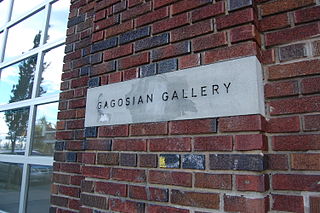Top 39 Quotes & Sayings by Larry Gagosian
Explore popular quotes and sayings by an American businessman Larry Gagosian.
Last updated on April 14, 2025.
Nobody really needs a painting. It's something you kind of create value for in a way that you don't with a company. It's an act of collective faith what an object is worth. Maintaining that value system is part of what a dealer does, not just making a transaction but making sure that important art feels important.
I've had people say to me, "Well, how do I start collecting artworks?" Well, you start by buying. Buy what you like, buy what you can afford - and I'm not just saying that because I'm a dealer. You can't be so paralyzed to where you keep saying, "I've got to learn more." The best way to learn is to go home and actually put something on the wall. Then you've got an investment. Then you're living with it. Then you're in the game.
I think functioning as a business manager can be a hindrance to having a real dialogue with the artist. I do think that artists need good lawyers and accountants, because they're dealing with serious money. But an artist who stands behind a manager? That's a little different. I think that can be a bad buffer.
A lot of artists are involved with fabrication. Artists today are making more objects and many of them need the participation of a dealer in order to facilitate and provide support for projects. So that has changed. But I don't know if what it means to be an artist has really changed. I hope that it hasn't.



















